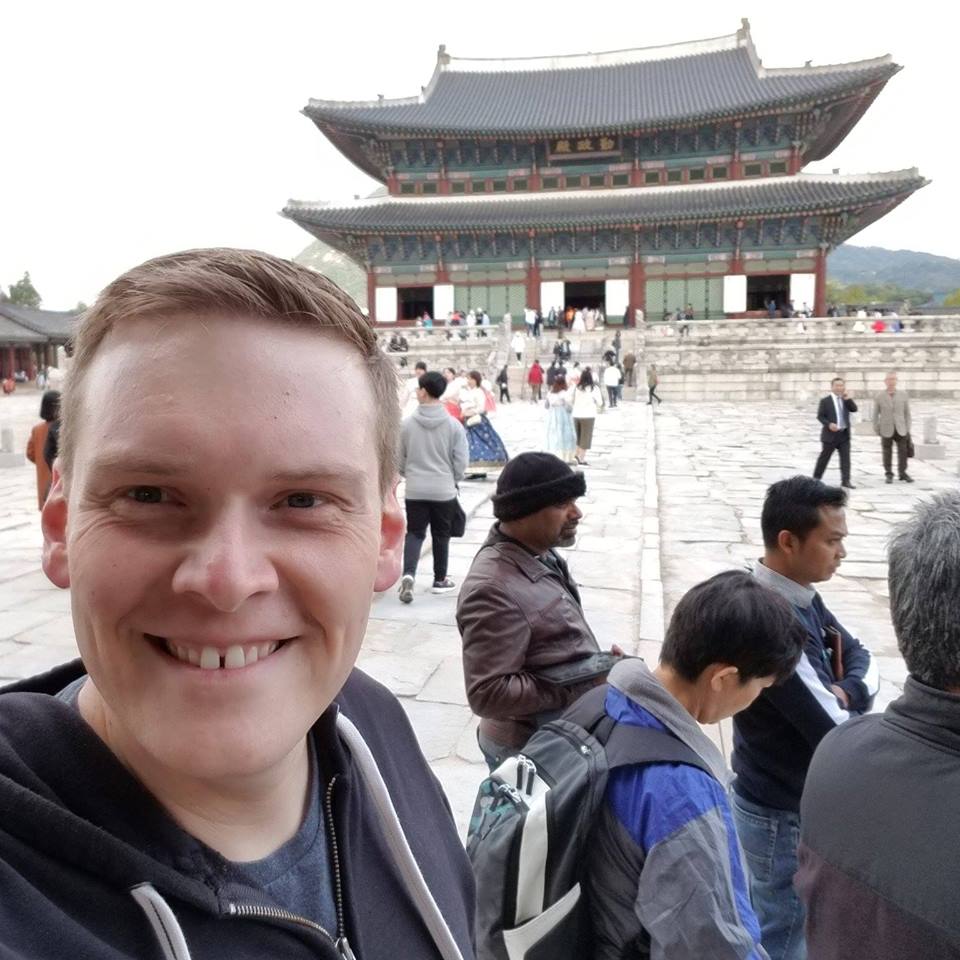 This year during Advent and Christmas I found myself not in the more traditional readings for the season, but rather in the book of Judges. In the narrative of Scripture, the book of Judges comes as a major downer. After seeing God’s faithfulness over the past six books, the reader is subjected to brutality and debauchery that is genuinely shocking. After following God’s people for so long we see that they have become no better than the people they displaced.
This year during Advent and Christmas I found myself not in the more traditional readings for the season, but rather in the book of Judges. In the narrative of Scripture, the book of Judges comes as a major downer. After seeing God’s faithfulness over the past six books, the reader is subjected to brutality and debauchery that is genuinely shocking. After following God’s people for so long we see that they have become no better than the people they displaced.
But interestingly enough, the story then transitions to that of a family wrecked with grief. Recently-widowed Naomi makes the decision to return to her homeland of Israel. Her daughter-in-law, Ruth, shows surprising compassion and loyalty, and agrees to return to Israel with her, even though Ruth is actually a Moabite, a people despised by Isralites. When they arrive, they draw the attention of Boaz who also shows uncommon compassion and loyalty in agreeing to marry Ruth acting as her redeemer. After the savagery of Judges, we see the effects of love, justice, and compassion.
These effects are made crystal clear at the end of the book of Ruth, when the author shares some interesting postscripts to this lovely story. Eventually Ruth and Boaz would be grandparents to a man named Jesse, whose son David would be king of Israel. And though the author could now know it at the time, the line of David would eventually produce the ultimate king, Jesus Christ.
Certainly the books of Judges and Ruth are not common during the Advent and Christmas seasons. However, in reflecting on the hope of Christmas and the optimism of a new year I have been unable to shake the association. No doubt the people in Judges were doing what felt normal. When you are surrounded by brutality, acting brutal is the status quo. But Ruth and Boaz both are examples of people who chose compassion instead of violence, who chose to care for others instead of preserve what was theirs. As a result they participated in God’s redemptive story, in ways that they would never actually realize on this earth.
But we have to choose to participate.
In Ruth 4 there is an exchange between Boaz and another member of his family, who has the first right to redeem Naomi and Ruth. This relative initially seems willing to do so, especially when it looks like he will be able to add to his own property. However, when Boaz informs him that custom demands that he must also marry the Moabite Ruth, the relative declines. To do so would be to endanger his own estate, and he gives Boaz the go-ahead.
We don’t have any more background on this unnamed character. Maybe he did other things and followed God faithfully. But in the context of our story I find myself feeling sorry for him. In preserving what was his, he passed up the opportunity to be part of a truly remarkable legacy.
At the beginning of 2019 we find ourselves staring at God’s redemption with an opportunity to participate in it. Let us pray that we do not pass the opportunity by.
Nate Owens is the Asia-Pacific Regional Communications Coordinator




